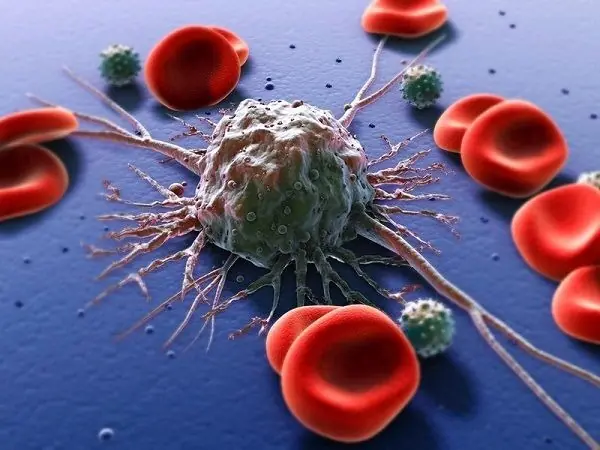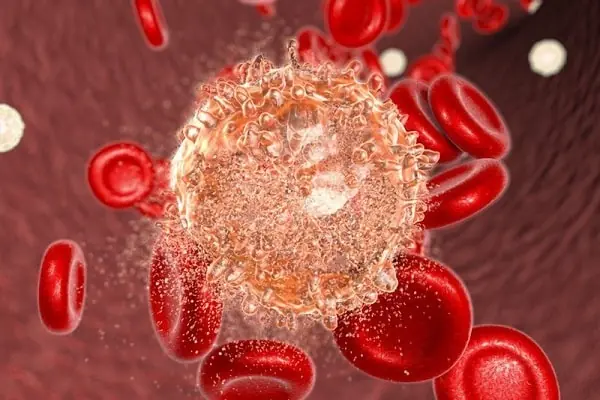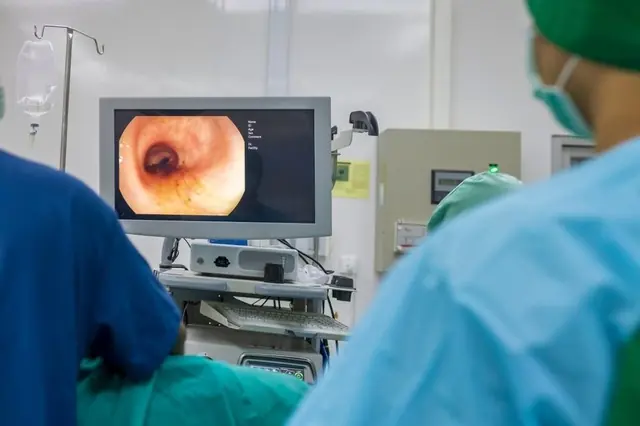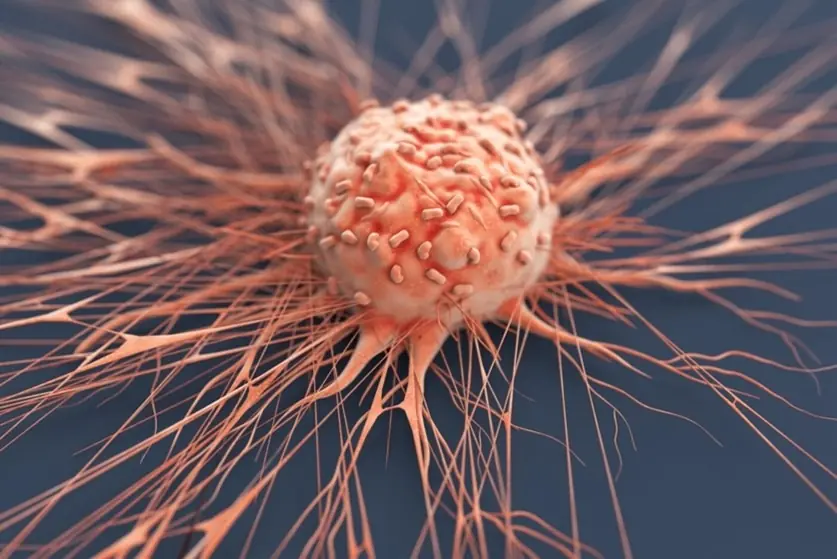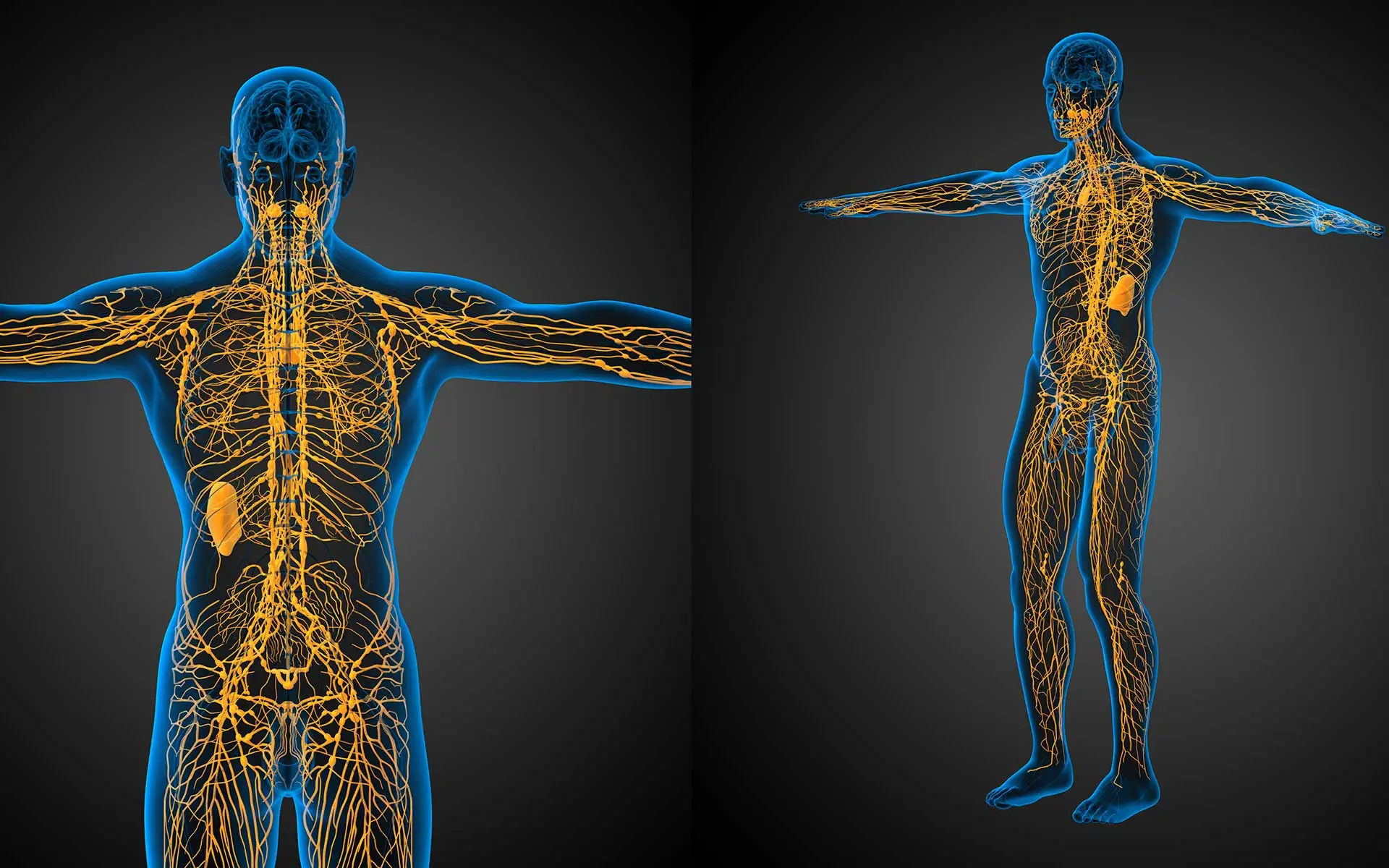Cancer, one of the most dreaded diseases in the world, often presents subtle signs in its early stages. While these signs may initially seem trivial, they should never be ignored. Recognizing the warning signs and seeking medical attention promptly can make all the difference in early detection and successful treatment. Among the most alarming symptoms that can indicate cancer in its early stages are unexplained pain in certain areas of the body. These pains could be a clue that something is wrong. If left unchecked, cancer can spread, making treatment more difficult. In this article, we explore three common areas of pain that could signal early-stage cancer, and why it's crucial to take immediate action.
1. Unexplained Back Pain
Back pain is something many people experience, whether due to strain, poor posture, or injury. However, when back pain is persistent and unexplained, it could be a sign of something more serious. Early-stage cancer, especially cancers of the lungs, pancreas, or kidneys, can cause pain in the back. This pain occurs because of pressure exerted on the nerves, muscles, or bones near the tumor. In particular, pancreatic cancer is known to often present with back pain as one of its earliest symptoms. The pain may start gradually and worsen over time, often spreading across the back or into the lower abdomen. If you experience persistent or severe back pain that doesn’t respond to common treatments like rest or over-the-counter painkillers, it’s crucial to consult a doctor without delay.
2. Persistent Abdominal Pain
Abdominal pain is another common symptom that can be linked to early-stage cancer, particularly cancers of the stomach, liver, or ovaries. While many people associate abdominal pain with indigestion, gas, or stomach ulcers, it’s important to recognize when the pain persists and doesn’t go away. Early-stage stomach cancer, for example, can cause discomfort in the upper abdomen, which might feel like bloating or a dull ache. As the cancer progresses, the pain can become sharper and more intense. For ovarian cancer, women may experience pelvic or abdominal pain, often accompanied by bloating or changes in appetite. If abdominal pain is frequent, recurring, or severe, especially when coupled with other symptoms like weight loss, nausea, or difficulty eating, it's crucial to consult a healthcare provider for further evaluation.
3. Headaches and Neurological Symptoms
While headaches are generally harmless, frequent or severe headaches, especially those that are unusual for you, could signal a problem in the brain. Brain tumors, though less common than other forms of cancer, can cause significant neurological symptoms. These include persistent headaches, dizziness, blurred vision, and even cognitive changes. Brain tumors exert pressure on surrounding tissues, which can result in localized pain and swelling. The pain from brain cancer often worsens in the morning or when you change your position, such as after lying down. If a headache is persistent and comes with other symptoms like nausea, vomiting, or changes in mental status, it's a red flag that requires immediate medical attention.
Conclusion
Pain should never be ignored, especially when it is unexplained or persistent. While many of the symptoms discussed—back pain, abdominal discomfort, and headaches—can be caused by conditions far less serious than cancer, they should not be dismissed. Early-stage cancer can be treated more effectively, and survival rates are significantly higher when the disease is detected early. If you experience any of these types of pain that do not have an obvious cause, or if the pain worsens over time, seek medical attention as soon as possible. Remember, catching cancer early can save lives. Don't hesitate to act when you feel something isn't right in your body.



